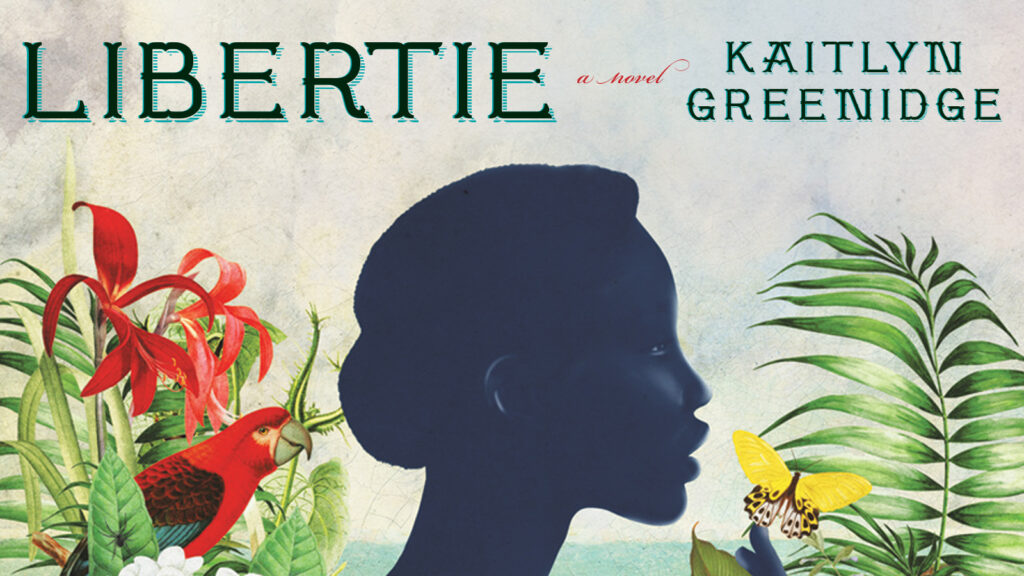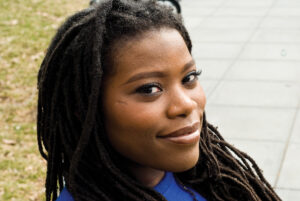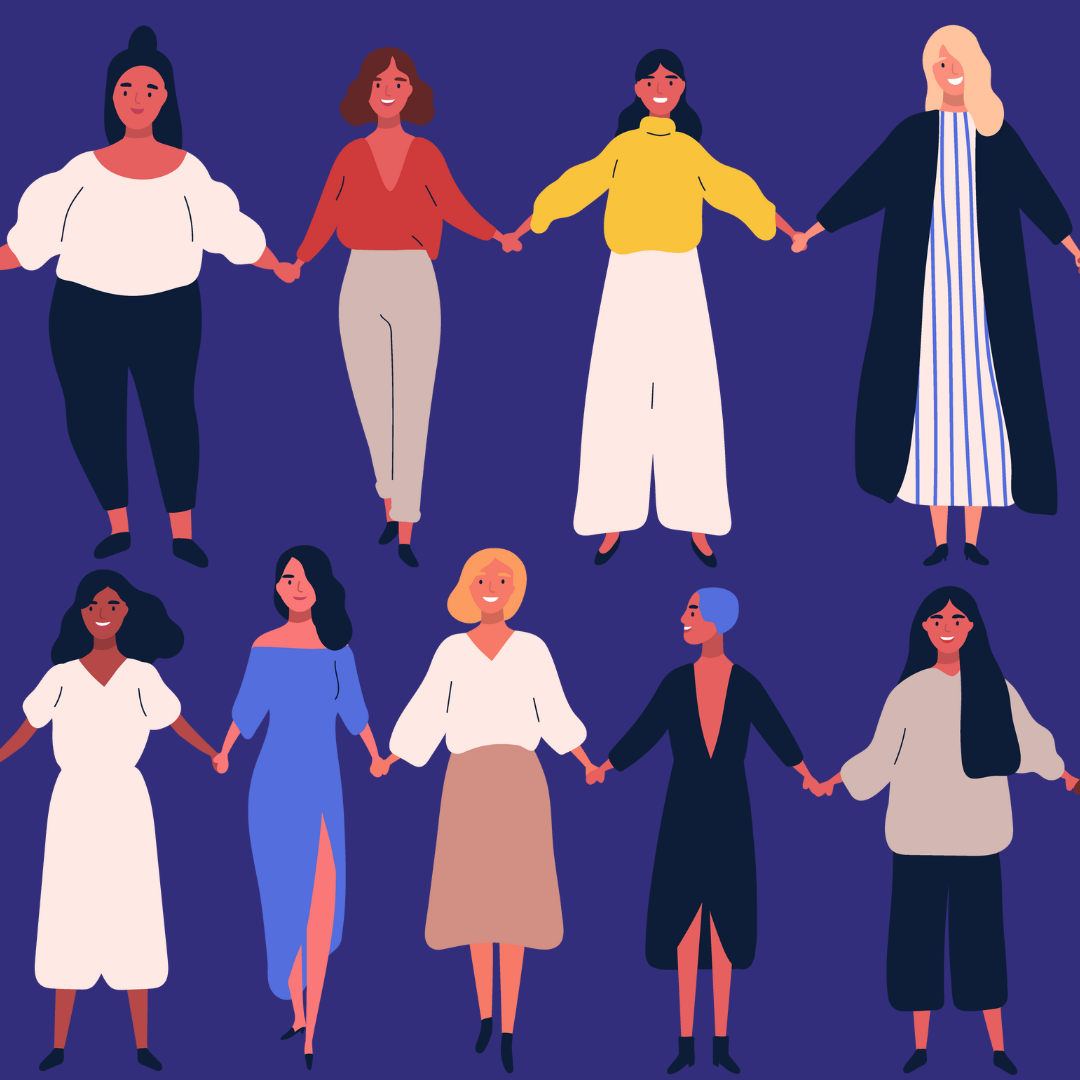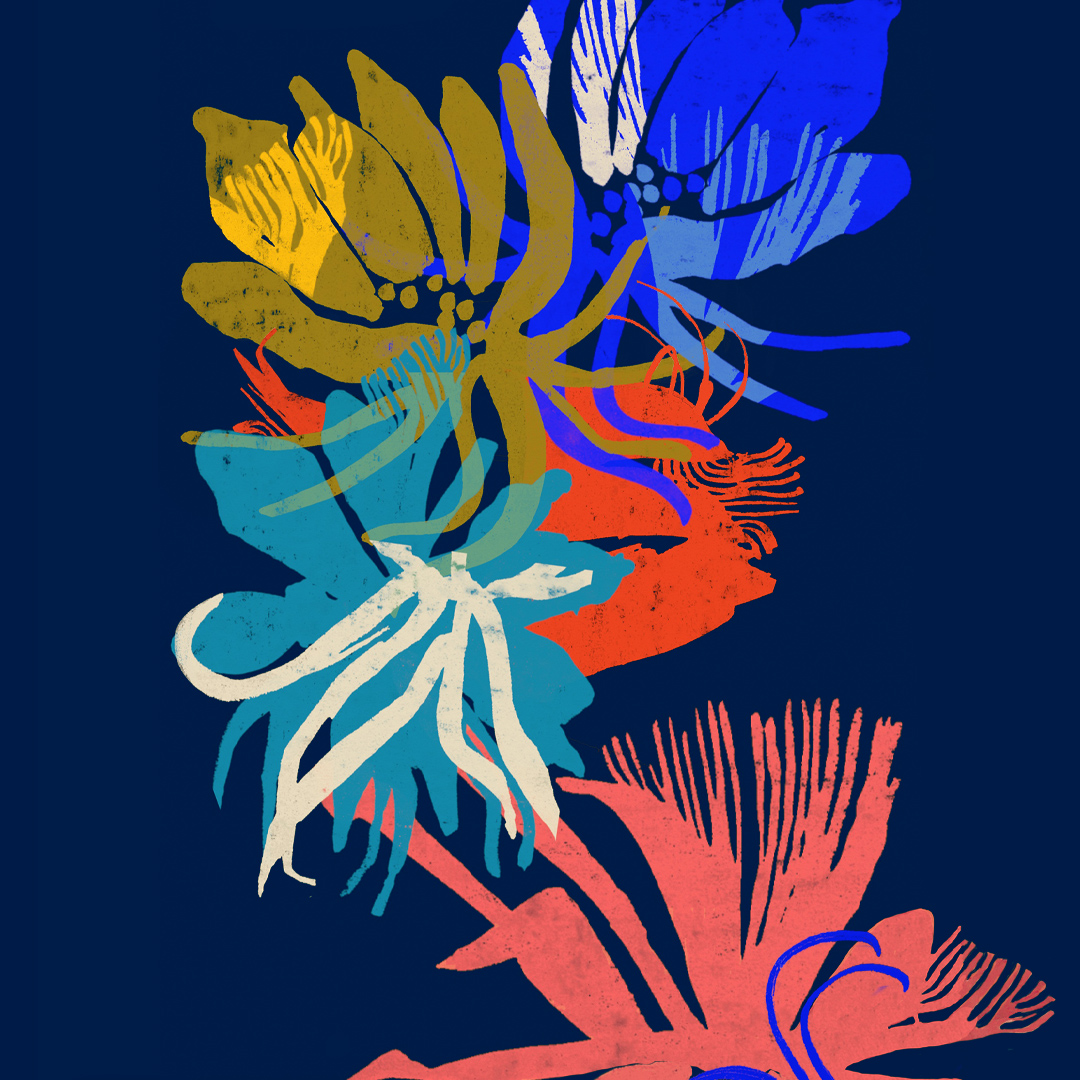Beyond the Talented Tenth: An Essay by Kaitlyn Greenidge
Kaitlyn Greenidge’s newest novel is Libertie, a riveting tale that explores and pushes the idea of true freedom while examining the past.
…
Before I became a writer, I worked for many years at the Weeksville Heritage Center, which is a museum in Crown Heights, Brooklyn, dedicated to the history of the free Black community founded in central Brooklyn in 1838. Weeksville was a space explicitly dedicated to Black political power and self-sufficiency. Black landholders sold smaller lots to other Black people, hoping to give Black males enough land to qualify to vote in New York State elections and thus be able to steer the destinies of Black people in Kings County. As Weeksville expanded throughout the nineteenth century, it became a destination for people escaping slavery as well as a bedrock for a burgeoning Black middle class. Of the many accomplished people connected to the community, one was Dr. Susan Smith McKinney Steward.
She was the daughter of one of Weeksville’s landowners—her father, Sylvanus Smith, was a pig farmer and a relatively wealthy member of the community. She was the first Black female doctor in New York State and the third Black female doctor in the US. From 1870 to 1895, she ran her own practice in Brooklyn and co-founded the Brooklyn Women’s Homeopathic Hospital and Dispensary. She sat on the board and practiced medicine at the Brooklyn Home for Aged Colored People. From 1906 she worked as a college physician at the African Methodist Episcopal Church’s Wilberforce University in Ohio. She was trained as a homeopath, in part because this newer discipline of medicine was especially accepting of women students and students of color. And most notably, her practice saw both Black and white patients.
All of this is standard talented-tenth, exceptional-Negro fare. That kind of narrative is deeply, deeply boring to me—not to mention not really helpful for liberation, which is the ultimate goal of my work. My personal aesthetic will always be in favor of the stories that are strange, that are out of character, that highlight the complexities of power, that talk about the things none of us want to talk about, that would look really jarring on a Black History daily calendar.
The thing that drew me to this particular story was the information that is not in the official biography. One of my jobs at Weeksville was to work alongside Jennifer Scott, our Director of Research, on an oral history project in which we interviewed descendants of Weeksville residents. And Dr. Smith McKinney Steward’s great-granddaughter was a famous actress, Ellen Holly, who was also an excellent genealogist and keeper of her family’s history. Ellen Holly sat with us for a good portion of the afternoon to talk about her grandmother, Anna Peaches McKinney, the daughter of Dr. Susan Smith McKinney Steward.
What she told us was astonishing. The doctor’s daughter married a family friend, the son of another prominent Black political family, the Hollys, who had emigrated to Haiti at the start of the Civil War, certain that Black freedom was impossible on American soil. In the all-Black nation of Haiti, the Hollys hoped to establish true Black liberation. The patriarch was Bishop Holly, eventually the archbishop of Haiti in the Episcopal Church. The whole family lived in a sprawling, lush homestead in downtown Port-au-Prince, a home and city that Anna McKinney fell in love with.
She did not, however, love her husband. Reportedly, Anna knew on her wedding day that she did not want to marry him and begged her mother to let her back out of the marriage. Her mother refused. So, Anna traveled to Haiti and found the promising young Black striver she had married was in fact an abuser and a womanizer. She wrote her mother many letters from Haiti relating the deterioration of her marriage, begging to come home.
After Anna gave birth to twins, her mother made a plan to smuggle her and her children out of the country. She was able to help them escape to New Jersey, where mother, daughter, and grandchildren lived together, never returning. For the rest of her life, Anna missed Haiti but dreaded ever seeing her abusive husband again. His family repeatedly sent her letters telling her she was ruining the institution of the Black family by leaving him.
To put this into context, Sarah, her daughter, Anna, and the Holly family were all members of the burgeoning Black professional and upper class soon to be immortalized by W.E.B. Du Bois as the “talented tenth.” The ethos of this class—an adherence to respectability and a deep respect for white American and European cultural values, while simultaneously advocating for a narrative of deep Black pride and racial uplift—has dominated definitions of Blackness and discussions about how to navigate and fight racism, both in Black communities and outside our communities, for generations. What fascinates me about this class in the decades after the Civil War, especially in the period during Reconstruction, is the intense faith put in democracy, in the systems of American governance, in the really heartbreaking dream that white power brokers will ever play fair.
As I was writing Libertie, I was captivated by the belief, still possible to believe in the years after the Civil War, that equality was close at hand, that it was possible, that change was coming. You’re talking about a person who had seen a three-hundred-year-old institution fall apart in less than four years, and so I was most interested in writing into that spirit of immense possibility.
I tend to approach novels as a puzzle, as a way to answer questions. For this project particularly, these are the questions that drove it, that I am still grappling with:
What does freedom actually mean?
Can we conceive of freedom without a core of domination—over other people, over the land, over groups less powerful than ourselves?
Why do we so often connect the project of Black progress and Black liberation to Black women’s bodies—whether they are pure enough, chaste enough, healthy enough, controlled enough to “deserve” or “allow for” freedom?
What does Black liberation look like when we refuse those definitions of freedom?
…
Read more about Libertie






